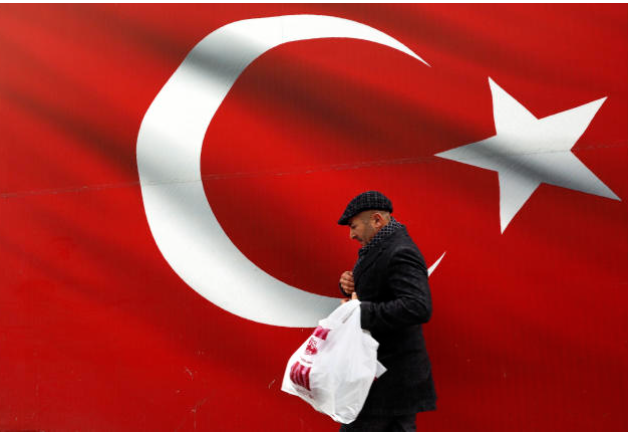There are both positive and negative trends in Turkey’s democracy. One major positive factor is that election democracy is still very important at the popular level, and the societal foundation for a democratic system is quite strong. The election turnout in Turkey is very high, usually above 80 per cent.
Another positive factor is that Turkey does not have the political economy for sustainable authoritarianism – it does not have gas or oil for example. Turkey is very much dependent on international trade and its social capital, both of which would be harmed by long-term authoritarianism.
A third positive factor is that elections are not a foregone conclusion. The fact that both the governing party and the opposition believe that they can win the election, that elections can bring change, is important. Turkey does not have a hegemonic political group or identity. All the political parties rest on strong social bases with genuine demands and grievances, which keeps the system competitive.
But there are also negative trends. The international context is particularly concerning. Events such as Russia’s invasion of Ukraine, the Gaza invasion, the unresolved Syrian conflict, and the geopolitical rivalry between the US and China are creating an international climate more focused on security and geopolitics that is not conducive for democracy, democratization, rights and liberties. As a result, there has been a rise of strongman politics in many parts of the world. A second Trump presidency in the US would have further negative repercussions.
There are also two negative, and interrelated, domestic elements to do with weak checks and balances in Turkey’s political system. At the nexus of presidency, legislature and judiciary, there are insufficient checks and balances on the executive power – particularly if the president also has majority in parliament. The other negative element is the relatively weak civil society, and the state-dependent nature of Turkish capitalism. Turkey lacks a strong civil society or civil sphere in general that can put up with the pressure of the very strong state.
How do elections work in Turkey?
In Turkey, the general election is comprised of both parliamentary and presidential elections that are held on the same day.
The logic behind holding these elections on the same day is to create more harmony between the president and parliament and reduce the risk of early elections. This was a change brought in when Turkey’s political system changed in 2017, as the country was notorious for its early elections and short-lived governments before the 2000s.
Excerpt, by Galip Dalay and Lisa Toremark
Follow our English language YouTube videos @ REAL TURKEY: https://www.youtube.com/channel/UCKpFJB4GFiNkhmpVZQ_d9Rg
And content at Twitter: @AtillaEng
Facebook: Real Turkey Channel: https://www.facebook.com/realturkeychannel/
